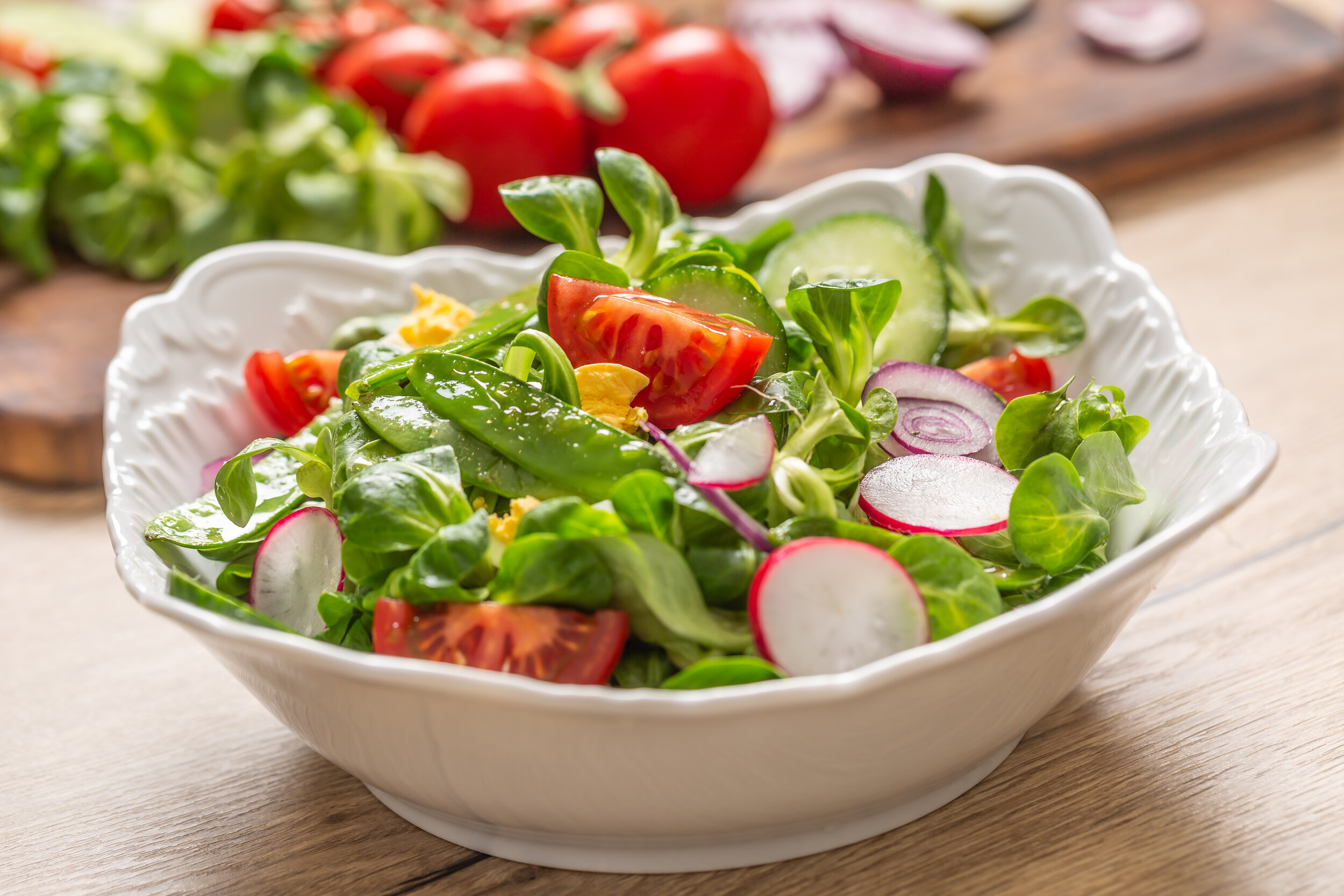Interested in Growing Food? Consider Adding an Herb Garden Too!

As the interest in growing food continues to skyrocket I’ve been pulling out some of my favorite herb gardening books. Although my food gardening is generally sporadic, herbs are something I grow each year.
One of my favorite books to use when planning an herb garden or looking for a new herb to try is The American Garden Guides: Herb Gardening.
Many herbs are not native plants. Does that mean you shouldn’t plant them for their culinary, medicinal or fragrance qualities? No. What it does mean is that you should be aware of both a plant’s positive and negative qualities. Also, know that some herbal plants are natives like Echinacea Purpurea or purple coneflower.
That’s where this book’s plant selector section is particularly valuable. Since I live and grow plants in Northern Michigan I need to know what will and what will not survive in our cold climate. With that knowledge I can choose what to put in pots and what can be planted in the garden. My focus is on growing culinary herbs and many of them originated both outside North American and in much warmer climates. I need to know if a plant can’t survive outside so I can grow it in a pot that can be moved inside to provide us with fresh herbs all winter long.
Because herbs are often not native plants and because this book was first published in 1994 you do need to check out the invasive qualities of the plants you’re planning to use. You will find listings for some invasive species like Dame’s Rocket. So while its plant selector section is a great place to find information on a vast number of herbal plants, be sure you research anything you want to plant in a garden bed. Tip: if a plant is described as “spreading” or from Europe or Asia but is “now naturalized” beware - you may spend valuable gardening time digging it out from areas where it spreads in a few years.
Also in this book are sections on garden design, techniques for planting and growing and the special living conditions (including the climates we live in) provide us as a challenge for herb growing.
So sit down, have a read a with an eye to the kinds of herbs that interest you. Have you been reading about medicinal herbs and are you interested in an herb garden that focuses on medicinal herbs? Or are you a Shakespeare buff who thinks it would be great fun to plant a garden focused on the herbs that Shakespeare mentions in his plays? Or are you like me who wants to focus on herbs that add flavor to simple meals?
Whatever you’re seeking, this is a good read with a lot of great information, much of which is timeless.
Note: As an Amazon Associate I earn from qualifying purchases. The Amazon Services LLC Associates Program is an affiliate advertising program designed to provide a means for sites to earn advertising fees by advertising and linking to amazon.com.
Vice President, Due North Marketing Communications Inc.




